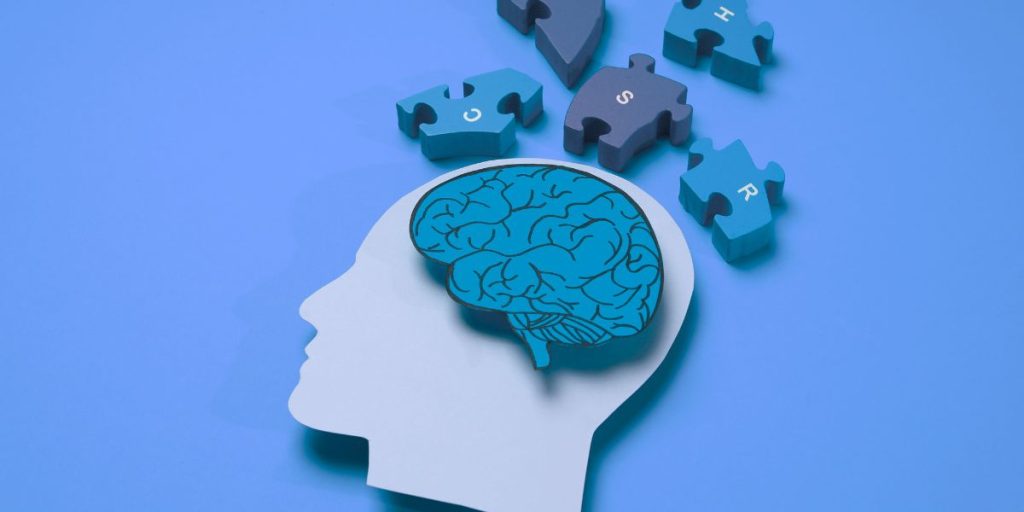Understanding Dementia and Its Challenges
Dementia is a progressive condition that affects memory, cognitive abilities, and overall daily functioning. As symptoms worsen over time, it can be challenging for individuals and their families. Finding reliable dementia care services is crucial to ensuring a good quality of life for those affected.
Common challenges faced by dementia patients include:
- Memory loss and confusion
- Difficulty in communication
- Behavioural changes such as aggression or anxiety
- Trouble performing daily activities
- Increased risk of wandering and injuries
These concerns are crucial and need attention. Families must go to dementia home care providers such as Kritihealthcare. We offer specialized assistance tailored to the patient’s needs. Our Professional caregivers can help with personal care, medication management, and emotional support. Additionally, we provide companionship, which is essential in reducing feelings of isolation and depression often experienced by dementia patients.
Another challenge is the high level of stress that caregivers experience. Family members who care for dementia patients often struggle with exhaustion, emotional strain, and financial burdens.
This is why dementia caregiver support services at our institution are essential. Support groups, professional counselling, and respite care options are available to help caregivers maintain their well-being while ensuring their loved ones receive quality care.
Innovative Treatments and Therapies for Dementia
In recent years, several innovative therapies have emerged to help manage dementia symptoms. While there is no cure, these treatments can slow cognitive decline and improve overall well-being.
Some promising approaches include:
- Cognitive stimulation therapy (CST): Engages patients in memory-enhancing activities.
- Music and art therapy: Helps reduce anxiety and improve mood.
- Occupational therapy: Supports independence by teaching coping strategies.
- Nutritional interventions: A well-balanced diet can aid brain health and slow deterioration.
Physical exercise: Regular movement enhances blood flow to the brain and boosts cognitive function.
The Role of Artificial Intelligence in Dementia Care
Artificial intelligence (AI) is revolutionizing 24/7 dementia care by providing advanced solutions for monitoring, diagnosis, and personalized treatment plans. AI-powered tools help caregivers by:
- Early detection: AI can analyze patterns in speech, movement, and cognitive behaviour to identify early signs of dementia.
- Virtual assistants: AI chatbots and voice-controlled devices help patients with reminders and companionship.
- Predictive analytics: AI-driven software predicts disease progression, allowing caregivers to adapt care plans accordingly.
Automated daily reminders: AI-powered devices assist with medication schedules and routine tasks to reduce patient confusion.
Smart Home Technologies for Dementia Patients
Smart home solutions are making it easier for individuals with dementia to remain safe and independent. Many dementia home care providers incorporate technology-driven care into their services. Some effective innovations include:
- GPS trackers: Help locate individuals who may wander and get lost.
- Automated medication dispensers: Ensure timely intake of prescriptions.
- Motion sensors and fall detection: Alert caregivers to sudden movements or accidents.
- Smart lighting systems: Reduce confusion by adjusting lighting based on the time of day.
Voice-activated assistants: Help with scheduling, reminders, and entertainment, promoting mental engagement.
Telehealth and Remote Monitoring Solutions
Telehealth has emerged as a game-changer in dementia care, allowing patients to receive medical consultations from the comfort of their homes. Remote monitoring services further enhance care by:
- Providing virtual check-ins with doctors and specialists
- Tracking vital signs and cognitive function through wearable devices
- Offering caregiver training and support via online platforms
- Allowing immediate response to medical emergencies
Future Trends in Dementia Care Services
As medical research advances, several trends are shaping the future of dementia care services:
- Personalized medicine: Genetic research may lead to customized treatments based on an individual’s DNA.
- Brain implants and neurostimulation: Experimental therapies aim to enhance brain activity and slow cognitive decline.
- Virtual reality therapy: Provides cognitive training and reduces agitation in patients.
Robotic caregiving companions: Assist with daily tasks and provide social interaction.
How Families Can Stay Updated on Dementia Care?
Keeping up with the latest developments in dementia caregiver support can make a significant difference in managing the condition. Families can:
- Join support groups: Engage with others facing similar challenges.
- Follow medical research: Stay informed about new treatments and breakthroughs.
- Consult dementia specialists: Regular medical check-ups help adapt care strategies.
- Use online resources: Websites, webinars, and forums provide valuable insights.
- Work with professional caregivers: Partnering with experienced dementia home care providers ensures expert guidance and support
By staying proactive, families can navigate the complexities of dementia care with greater confidence and ensure their loved ones receive the best possible 24/7 dementia care. As awareness grows, more resources and policies are being developed to support both patients and caregivers, making dementia care more accessible and effective worldwide.
With continuous advancements in technology, medical treatments, and support services, dementia care is evolving rapidly. Families, caregivers, and healthcare providers must work together to create the best possible environment for those living with this condition.
Whether through AI-driven monitoring systems, innovative therapies, or caregiver training, the future of dementia care by our experts at KritihealthCare promises possibilities for improving the lives of millions affected by this challenging condition.

